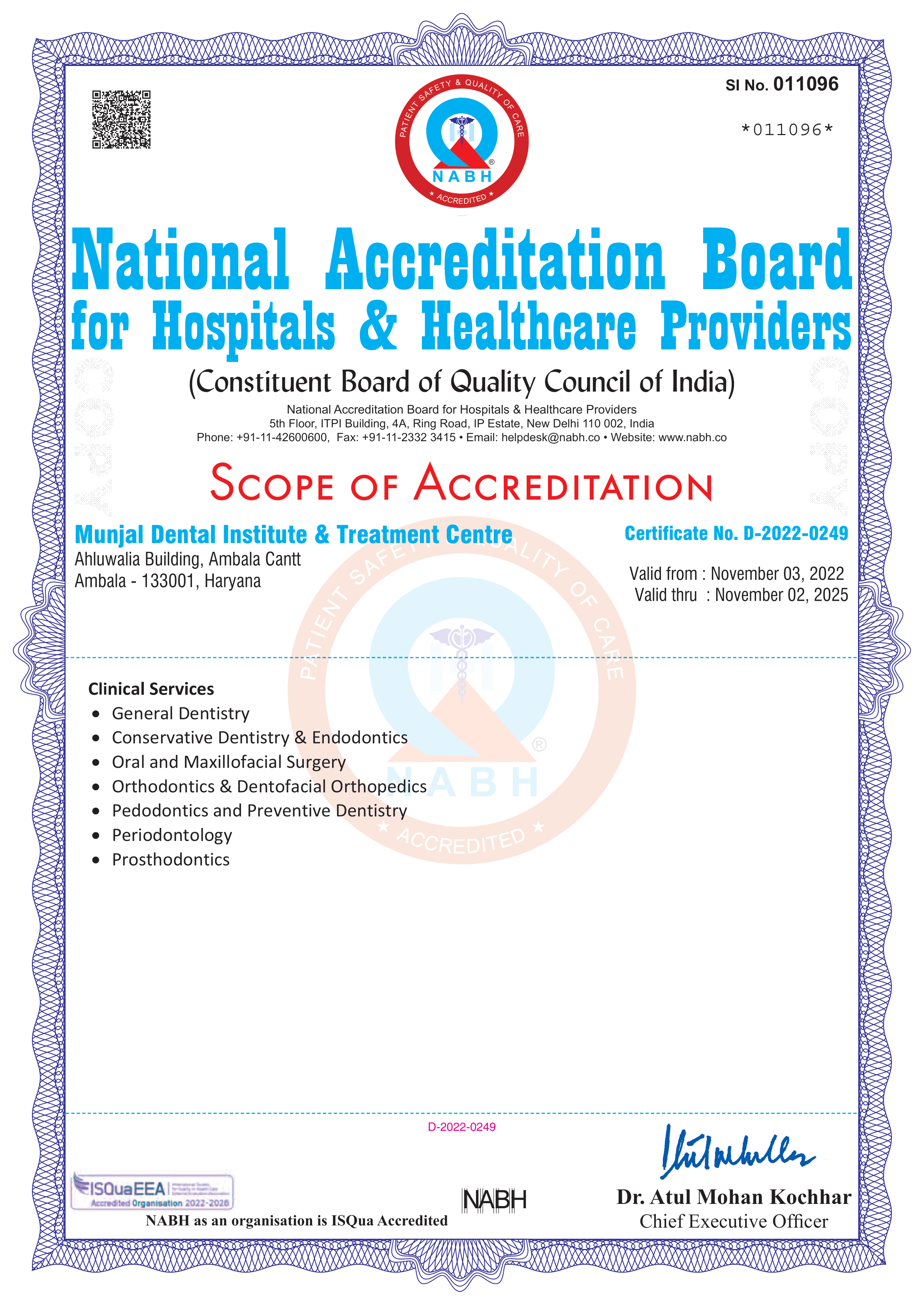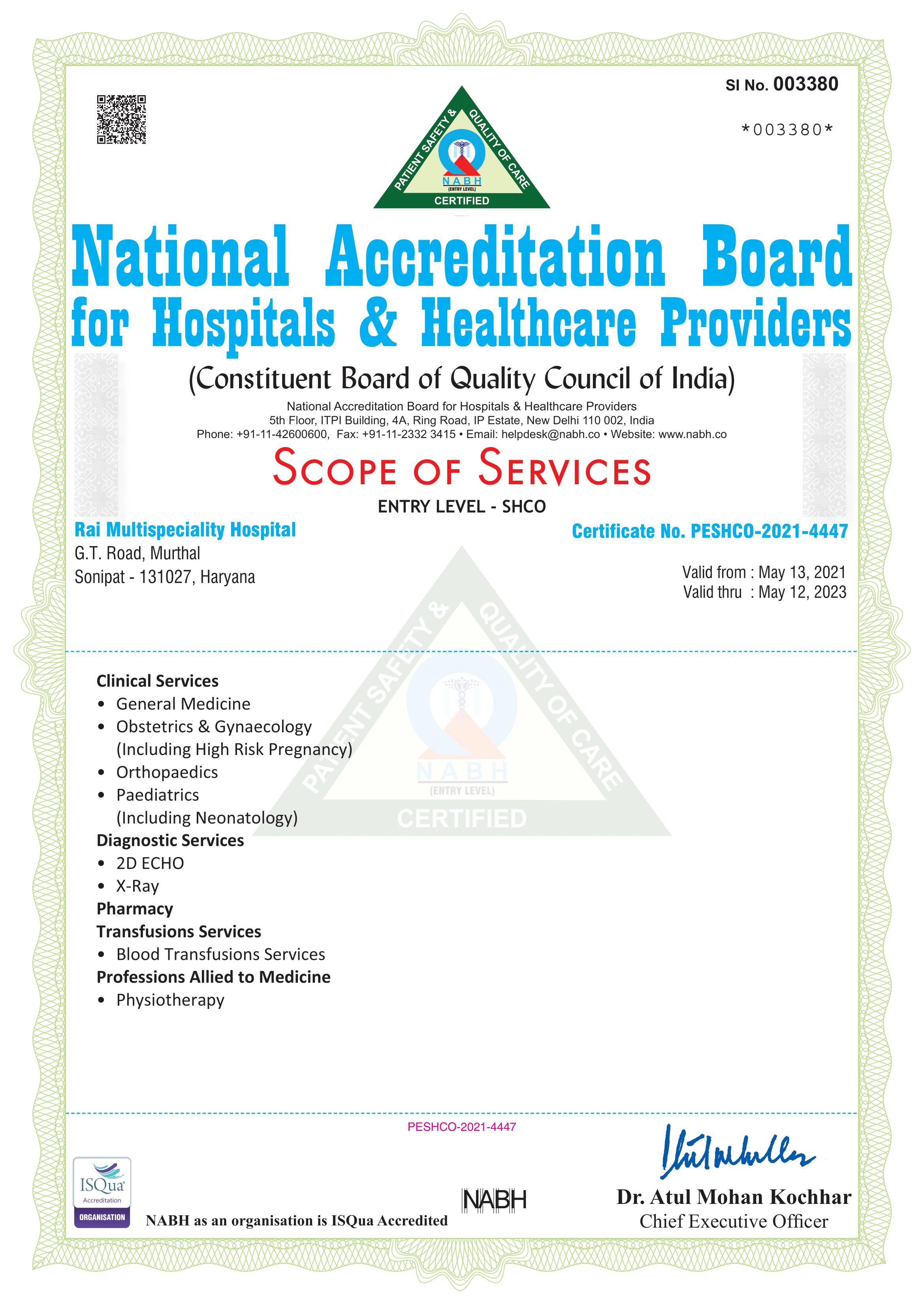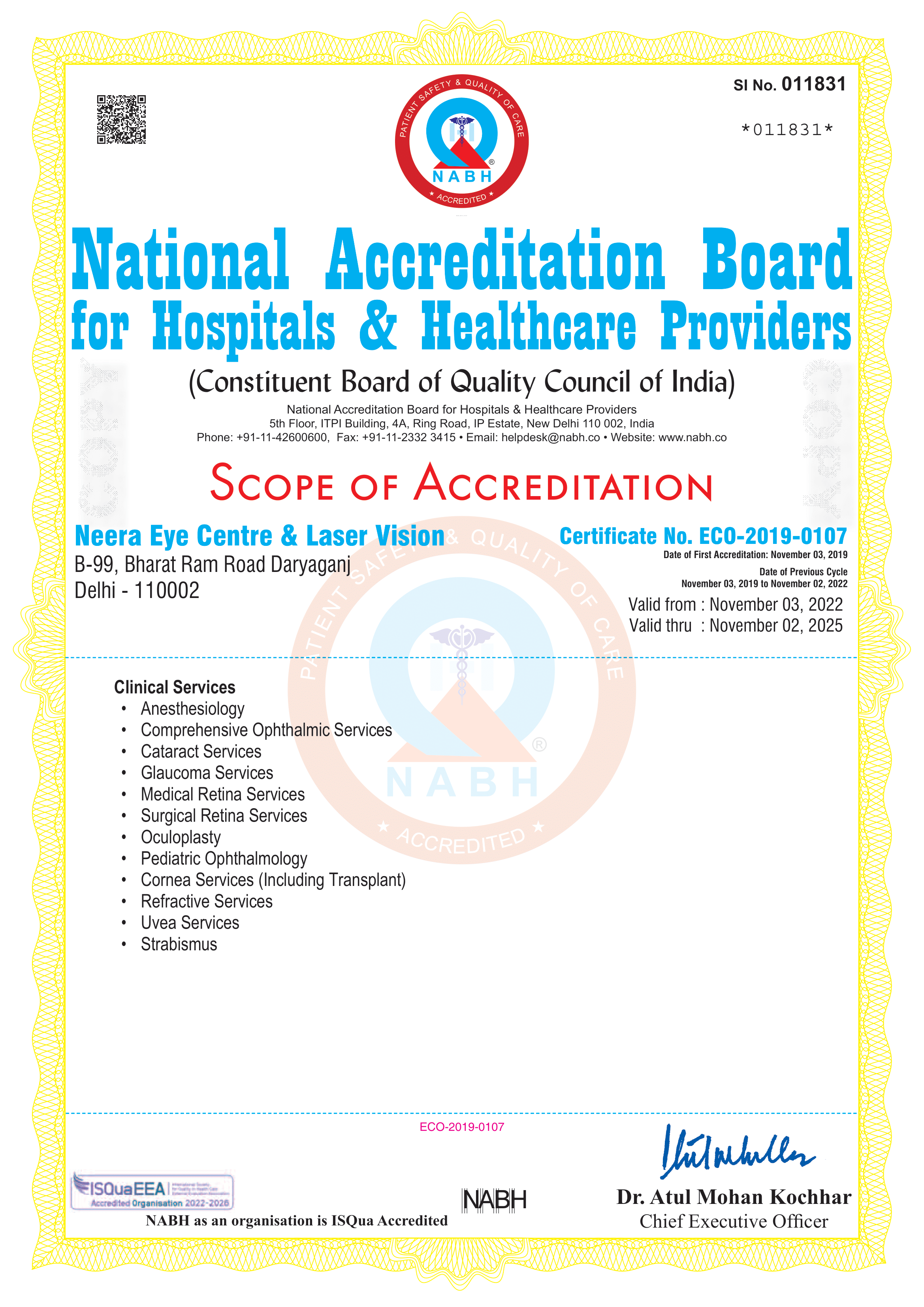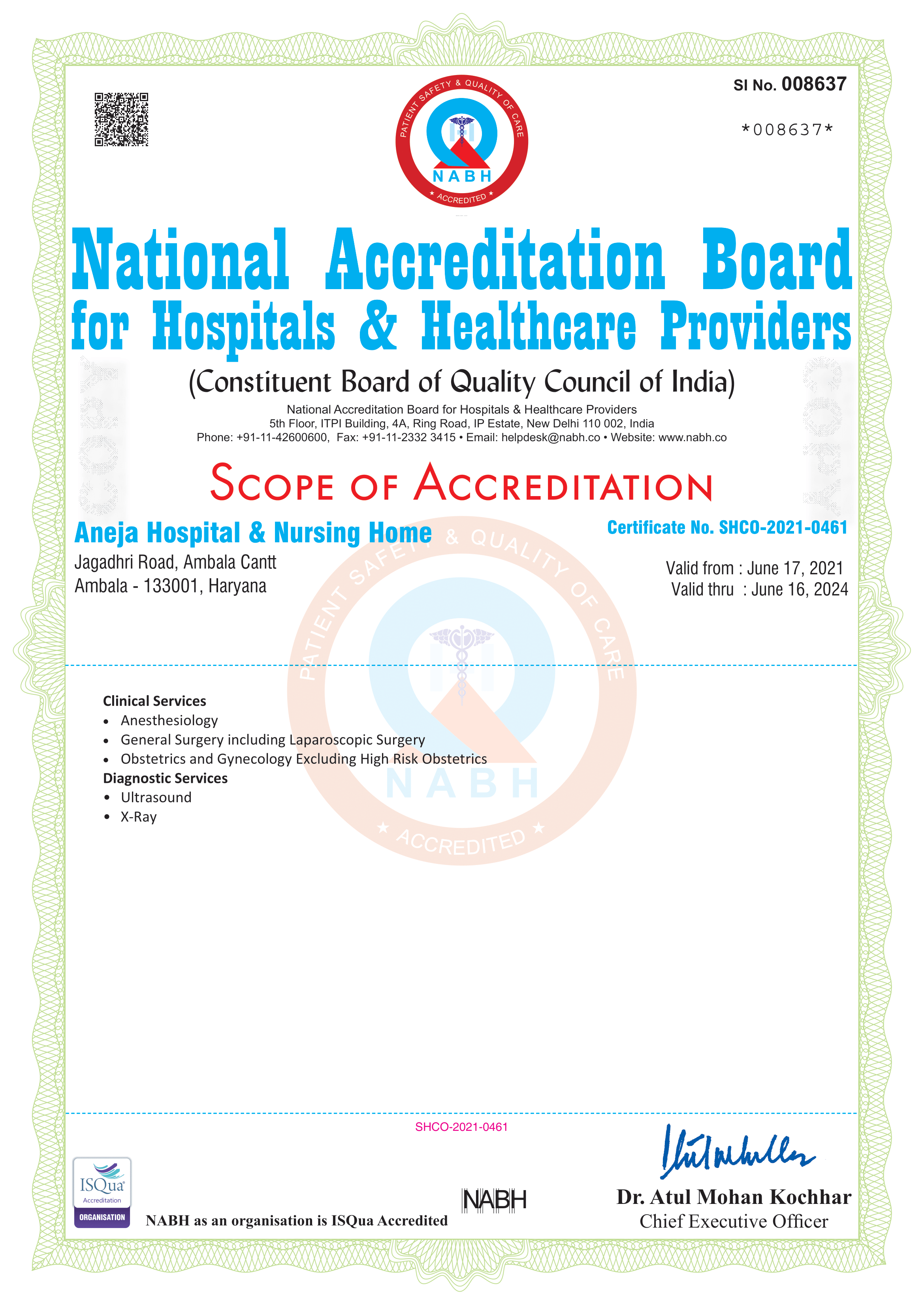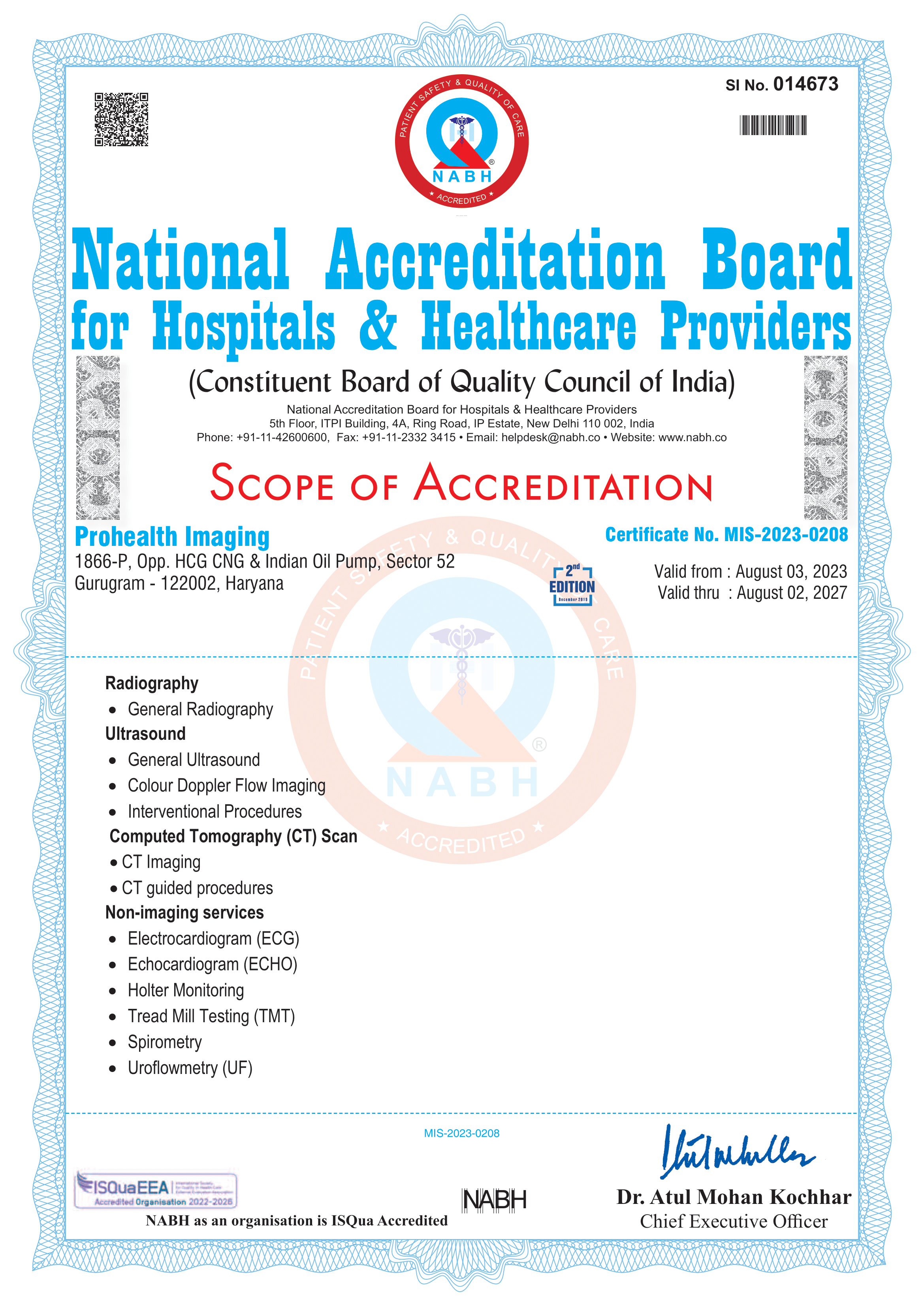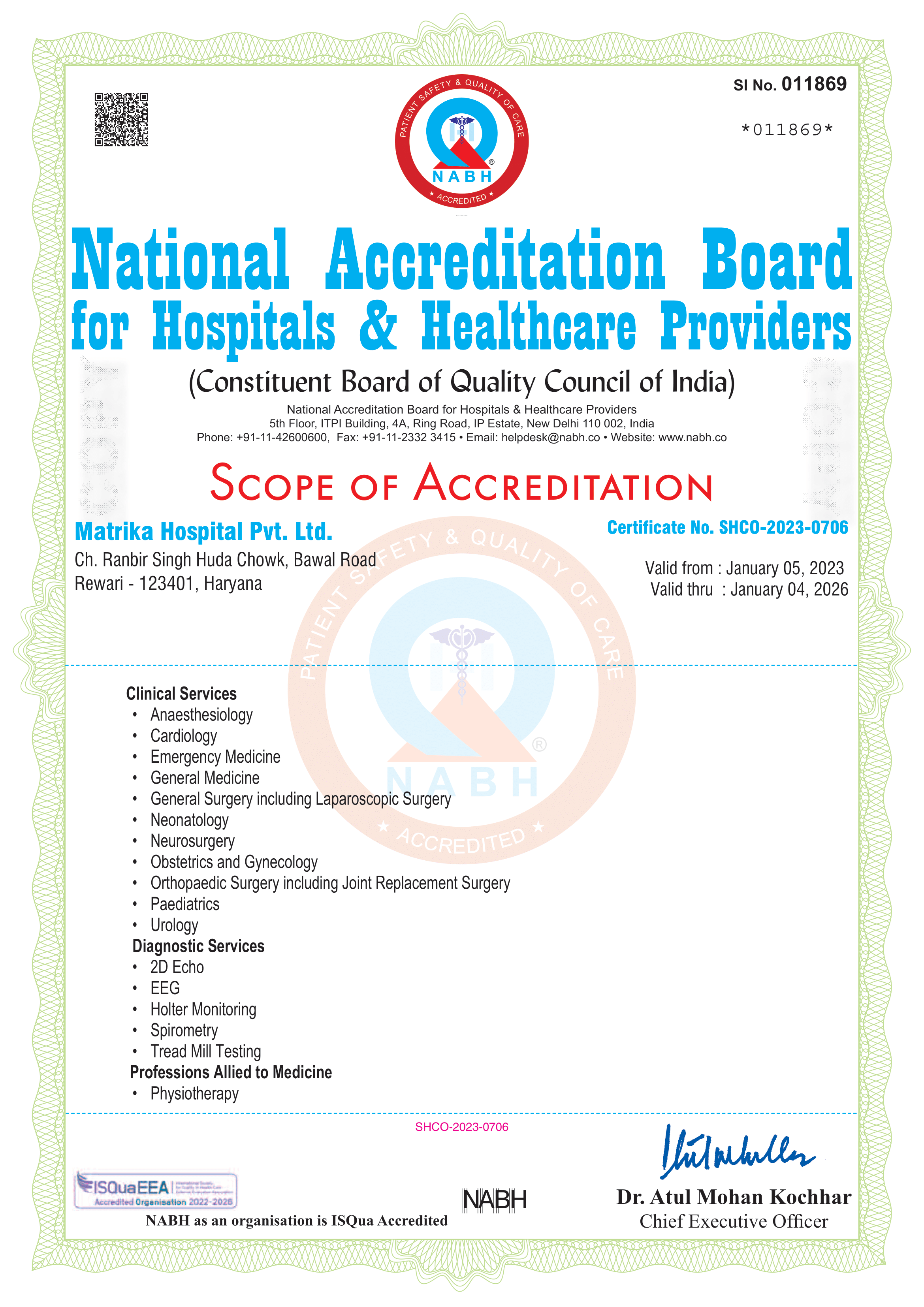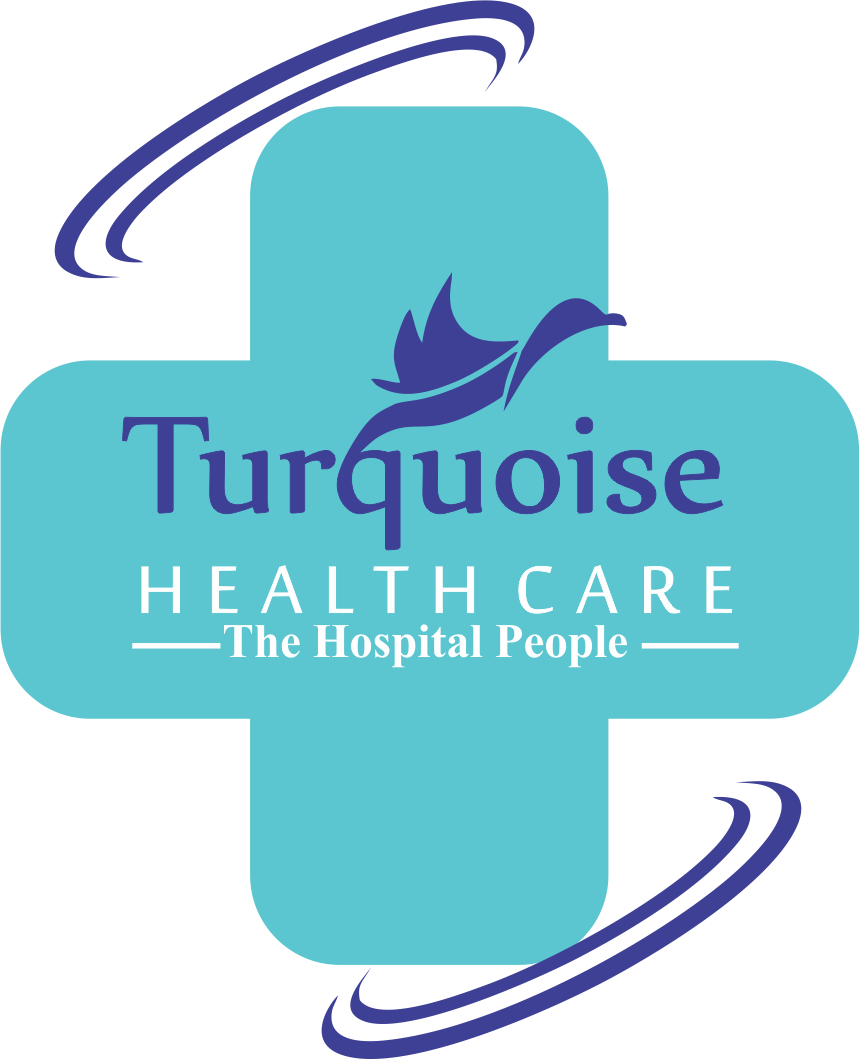NABH Accreditation Procedure
IMPORTANCE OF NABH

Benefits of NABH Certification
Patients
Patients are the biggest beneficiaries among all the stakeholders as certification results in high quality of care and patient safety and ensures the whole system is patient centric.
Healthcare Organization
Certification to a health care organization stimulates continuous improvement. It enables the organization in demonstrating commitment to quality care. It raises community confidence in the services provided by the health care organization. It provides an opportunity to healthcare unit to benchmark with the best and benefit from financial incentives given under various government schemes to such accredited hospitals.
Healthcare Staff
It improves overall professional development of the hospital staff and provides leadership for quality improvement in various techniques. It also creates a good working environment where the staff can continuously learn and take ownership of their roles and responsibilities.
Regulatory Bodies
–Certification provides access to reliable and certified information on facilities, infrastructure and level of care, which can be used by insurance organizations and other third parties, thus, reducing uncertainties while making a public decision and getting assurance about the capabilities of the healthcare organization.
NABH Accreditation Program
NABH operates several accreditation programs. It includes:
NABH standards ensure high-quality care, safety, and patient satisfaction in hospitals of all sizes and ownerships.(for more than 50 beds)
The standards provide a roadmap for standardisation to hospitals and nursing homes with a bed capacity of up to 50 beds.
Compliance with safety and quality protocols is ensured at blood centres.
NABH provides guidelines for delivering quality diagnostic and interventional imaging services.
Patient safety, care quality, staff training, and knowledge updating in response to dental services are the main focus.
The requirements align with hospital standards to ensure quality assurance in allopathic clinics
High-quality and safe practices must be followed, from sample collection to reporting results.
These standards ensure safe and effective traditional and alternative treatments in AYUSH hospitals.
Simple and applicable quality assurance criteria are established to improve primary healthcare facilities.
The established norms must be followed to increase the safety of clinical trials in India.
Authorised Panchakarma clinics adhere to nationally recognised quality and safety standards.
Accreditation raises the standard and safety of eye treatment for patients and enhances service quality in critical situations.

Our NABH Certificates
